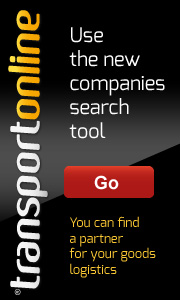Search Company:

The anti-competitive conduct lasted from 8 December 2008 to 30 April 2014.
The European Commission has imposed fines today of more than 48 million because Deutsche Bahn, NMBS and ÖBB have formed a cartel. Between 2008 and 2014, the companies made mutual agreements about who would help which customer in international freight transport.
The companies participated in a customer allocation cartel, which concerned cross-border rail cargo transport services on blocktrains on key rail corridors in the EU. The three companies admitted their involvement in the cartel and agreed to settle the case. In a cartel settlement, parties acknowledge their participation in a cartel and their liability for it. The fines were set on the basis of the Commission’s 2006 guideline for fines.
Executive Vice-President Margrethe Vestager, in charge of competition policy at the European commission, said: “A cartel between key operators offering rail cargo services on essential rail corridors across the EU goes fundamentally against our objective of providing fair competition for sustainable rail transport. Today’s decision sends a clear signal that this type of collusive behaviour is not acceptable.”
Cartel formation
The fine for Deutsche Bahn AG is fined more than 48 million euros for the cartel formation. This is an increase of 50 percent, since it had previously been held liable for another cartel in 2012, and is therefore a repeat offender. The National Company of the Belgian Railways (NMBS) has to pay 270,000 euros. The Austrian national railway company ÖBB does not have to pay anything because of all the information they gave about the cartel. It received full immunity, and avoids a fine of around 37 million euros. DB and SNCB also benefited from a reduction of their fines for their cooperation with the Commission during the investigation
The anti-competitive conduct lasted from 8 December 2008 to 30 April 2014, with NMBS participating only since 15 November 2011 and only for transports by ÖBB, DB and NMBS. The cartel revolved around conventional cargo transport sectors, except automotive transport. Read more
Source: RAILFREIGHT.COM




